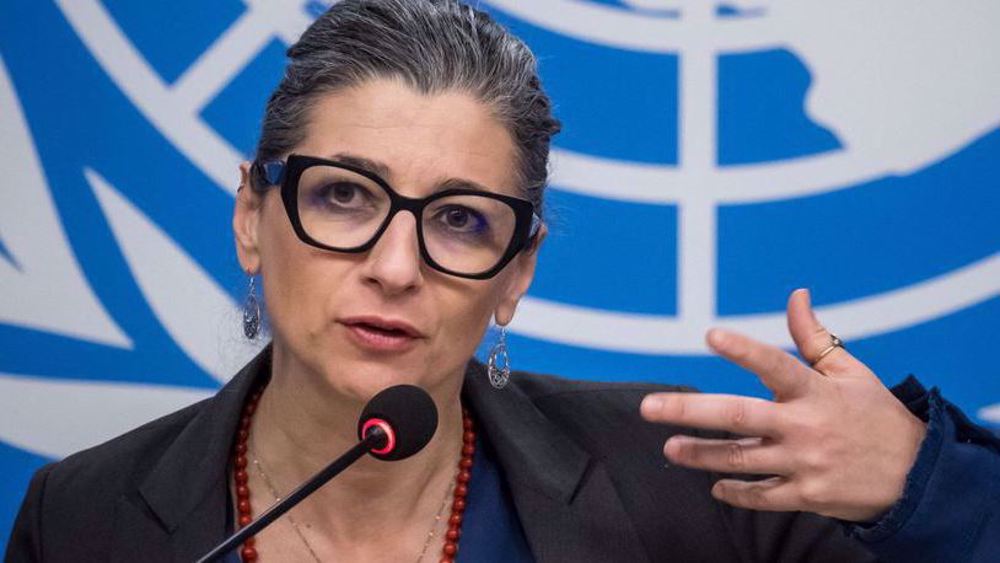UN warns of growing resistance to AIDS drugs
The World Health Organization (WHO) has issued a warning against the misuse of AIDS medicine leading to drug resistance, and gradually increased deaths.
A drug becomes ineffective after the targeted microbe becomes resistant to the drug after incorrect doses of the medication are used.
Drug resistance leads to an increase in new infections and deaths and spiraling treatment cost, the UN's health agency warned on Thursday.
"We need to proactively address the rising levels of resistance to HIV drugs if we are to achieve the global target of ending AIDS by 2030," warned the UN agency's Director-General Tedros Adhanom Ghebreyesus.
"Antimicrobial drug resistance is a growing challenge to global health and sustainable development," he added.
The WHO recommended that when drug resistance becomes too high, countries must shift to an alternative drug. However, an alternative can be more expensive and be harder to find.

In six of 11 countries studied in Africa, Asia and Latin America, more than one in 10 people who started anti-retroviral treatment had a strain of the AIDS-causing virus that did not respond to some of the most widely-used drugs, WHO cautioned.
Resistant strains can also be contracted directly from other people.
Mathematical modelling shows that an additional 135,000 deaths and 105,000 new infections could happen in the next five years unless action is taken, with treatment costs increased by $650 million (560 million euros) over the same period, said the WHO.
Unchecked, drug resistance "will be a major risk" to anti-AIDS efforts, said Marijke Wijnroks of the Global Fund to Fight AIDS, Tuberculosis and Malaria.
Hezbollah breaks record of anti-Israel ops; four million settlers run for their lives
Iran rejects involvement in murder of Israeli rabbi in UAE
‘Israel at dead end’: Army chief vows Iran’s lasting support for resistance
Hezbollah executes record 51 military operations against Israel in a single day
VIDEO | Intl. day to end anti-women violence: Female victims of Israeli attacks on Gaza, Lebanon remembered
Leader: Arrest warrant not enough, Netanyahu must be executed
VIDEO | Iraqi fighters conduct fresh retaliatory attacks on vital Israeli targets
Gaza hospital chief calls for help amid Israel’s ‘extermination campaign’











 This makes it easy to access the Press TV website
This makes it easy to access the Press TV website